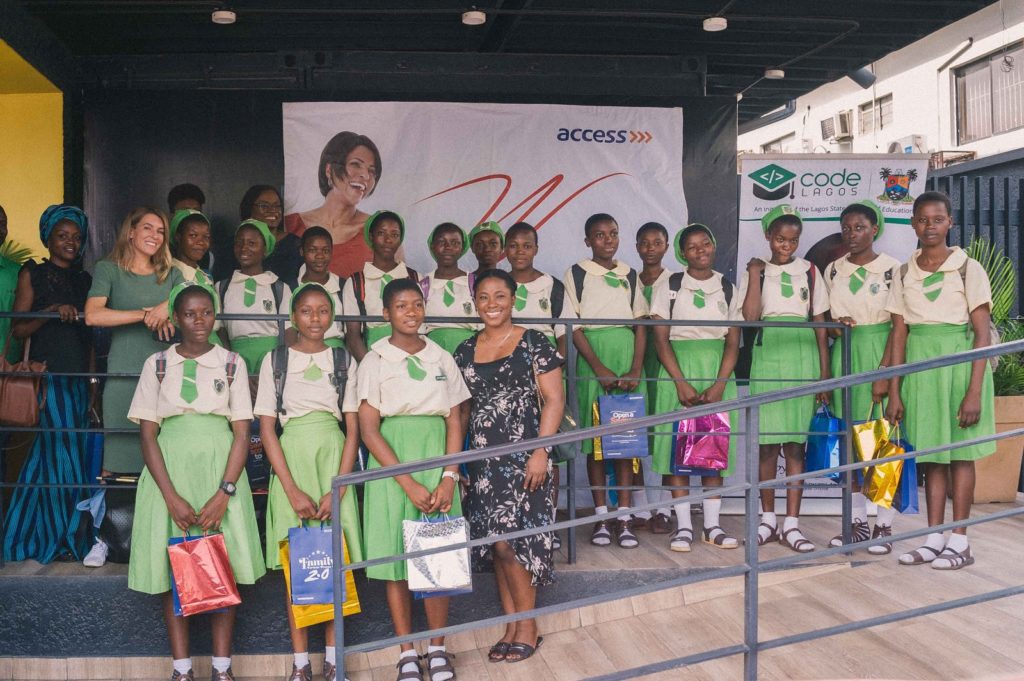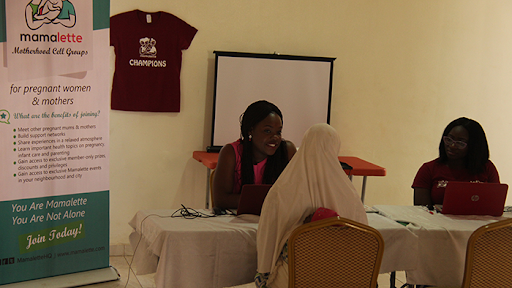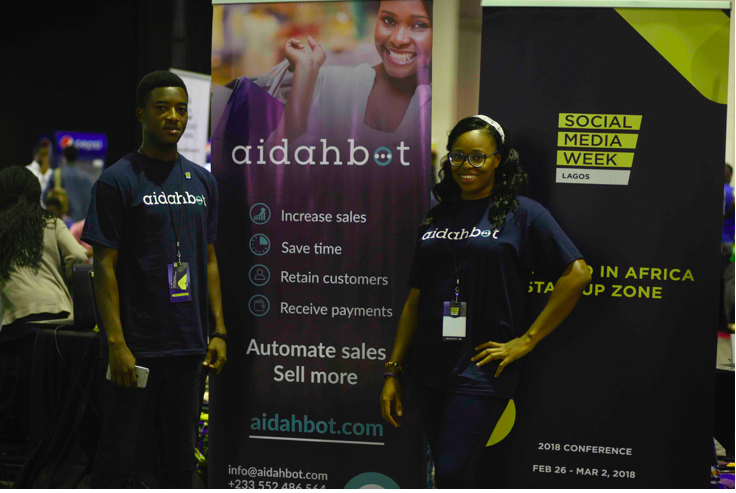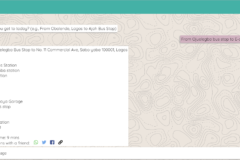Starting and running a business has some striking similarities to adventure games. The excitement and potential pitfalls against a background of courage that’s required when seeking adventure in games, remain principal ingredients to succeed as a founder, especially when it’s a ‘first’.
We talked to four founders, who despite challenges, run their own tech ventures as first-timers.
Starting despite discouragement
Challenges sometimes come in the form of discouragement, even from those closest to the founders. Nancy Ewurum is a CEO, who co-founded Aidah.ai, a Ghana-based company that uses chatbots to help businesses streamline customer conversations. After being selected from thousands of applicants vying for a spot in MEST Africa’s entrepreneurial training program, she quit her banking job in Nigeria to move to Accra in 2016 for the one year intensive training.
When it was time to leave Nigeria, family members discouraged her, labelling her decision as a waste of time on something unprofitable.
Similarly, Ojuolape Arojo started Applecart Nigeria, an online grocery store where she is the CEO, because shopping for groceries has always been stressful for her. She realised that others had the same challenge, so with no training, she set up an e-commerce website with payment features herself.

Ojuolape Arojo, CEO of Applecart Nigeria.
She also found that the people closest to her were discouraging. Many thought that she should pursue a salaried job with her first class distinction (at the undergrad level) instead of starting and running a business. “You have a good degree. Will you sell tomato with first class?”, she says they questioned.
“A cousin asked me when I was going to get a real job,” remembers Mamalette founder and Programs Director, Anike Lawal, of her own experience. The Mamalette platform delivers information about health services in local communities and provides support for expecting mothers, as well as infant care.

Adeola Shasanya with schools girls and other facilitators at the Tech Women Lagos exhibition in March 2019.
For Adeola Shasanya, who co-founded Afrotech Girls, a non-profit venture that organises programs to educate and help young girls explore careers in science, technology, engineering and mathematics (STEM), some people didn’t see the need for what she was doing. “They didn’t believe that girls were disadvantaged,” she laments.
Often, these demoralizing statements from family, friends and acquaintances come from a place of genuine concern, and talking people through plans and goals can be helpful. Ultimately, success with the endeavour clears doubts, as Adeola points out, “Some of those who didn’t see the need to start Afrotech Girls came back with words of encouragement when they saw the traction we were getting.”
Facing the challenges
In addition to being discouraged, contending with the usual startup problems were also issues for these founders. Working through human resources issues with their first set of employees and on-the-job training to handle multiple roles with little to no background, skill or experience were some of the challenges they faced.
Nancy, who had previously worked in customer care, and had no real business management experience until Aidah, said figuring out management of resources and proper recordkeeping was the biggest of her challenges when she started with her co-founders.

Anike Lawal (pictured, first on the left) Programs Director of Mamalette.
For Anike, it was her lack of expertise in business development. Ojuolape’s first challenge came from having great expectations. She believed in her idea and thought customers would flood in as soon as the business was set up, but that did not happen, as she had to market her business to acquire customers.
Finding the right people
Ojuolape describes her hiring process as a work in progress. “It is easy to look up a template online, but to be able to get the right cultural fit and adjusting the recruitment template is key for me. The last time I recruited, I was mute on qualification but more focused on personality.”
Finding the right people to work with as a founder can be a daunting task, Anike also highlighted. The best people are expensive and employees can be non-committal because the startup cannot afford to pay a premium for their services, according to Nancy. She thinks finding people who have some interest and passion for her startup is key to cracking the talent challenge. “We hired an intern whose passion for what we do is obvious, and we see it in the way he works.”
Although Adeola’s co-founders were people she had known and could vouch for their passions, interests and diligence, she still faced difficulties finding sponsors, volunteers and other stakeholders to participate in the initiative, since these people needed to believe in what she was doing. However, with time, it has gotten easier she says since there is now a track record to show.
Lessons and advice
As founders, learning is a large part of the game for these first-timers and they share advice based on lessons they have learnt. Nancy, whose company started out in 2017 with another product but had to pivot to the customer interaction tool they currently offer, advises founders to “validate the product with consumers before launch.” She wished she had realised the importance of getting customers to test out the product before going to market.
From Ojuolape’s experience at the start of her business where she expected a ton of customers and was disappointed, she learnt the importance of marketing and customer acquisition for every business. “If I would have done it again, marketing would be the number one thing.”
Anike says ensuring proper bookkeeping practices is the most useful advice for founders. “Managing your finances can make or break your business.”
Adeola emphasizes the need to have a good support system, “Surround yourself with people who support you; peers, family and mentors, and generally be persistent.”





















